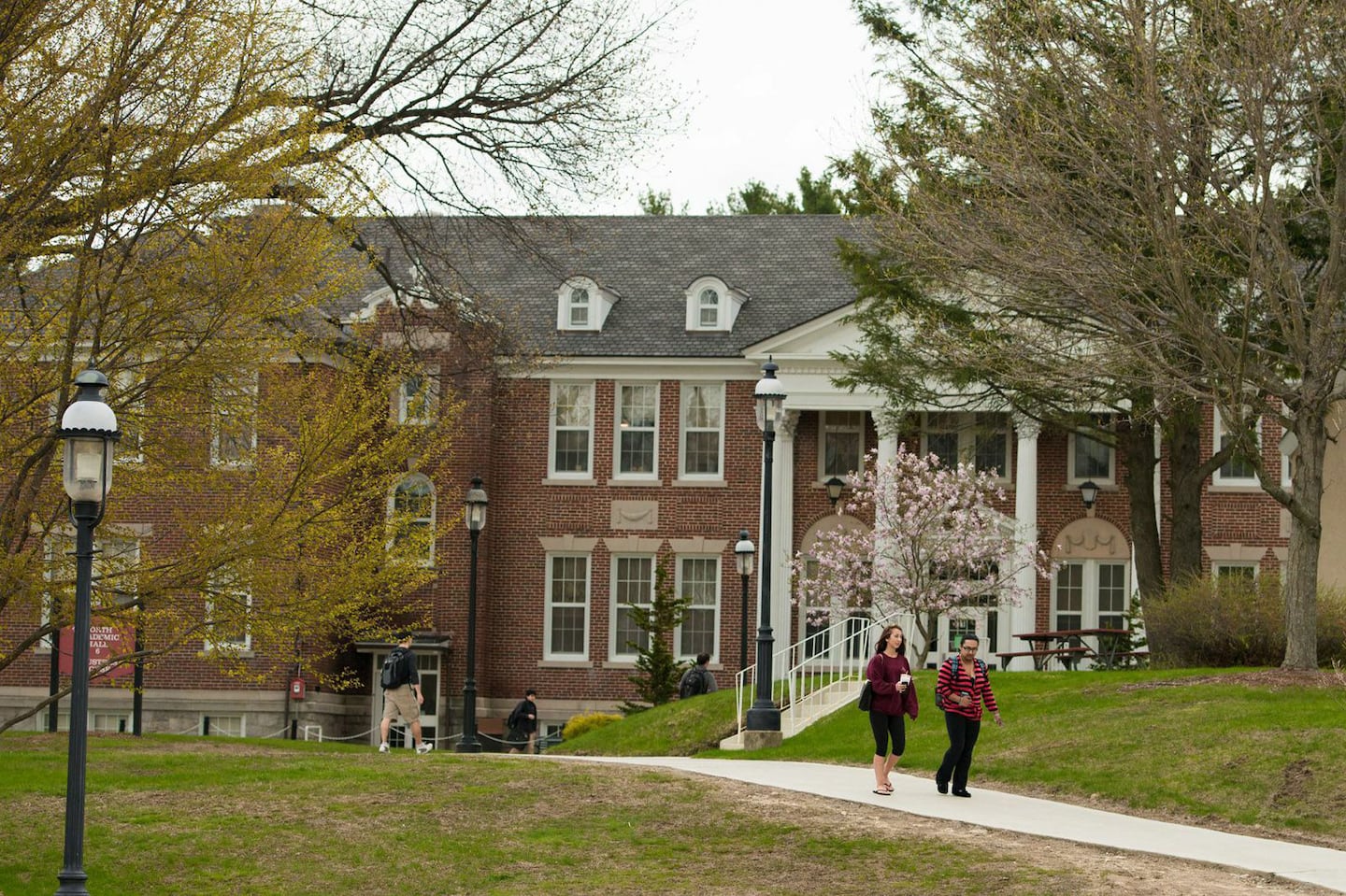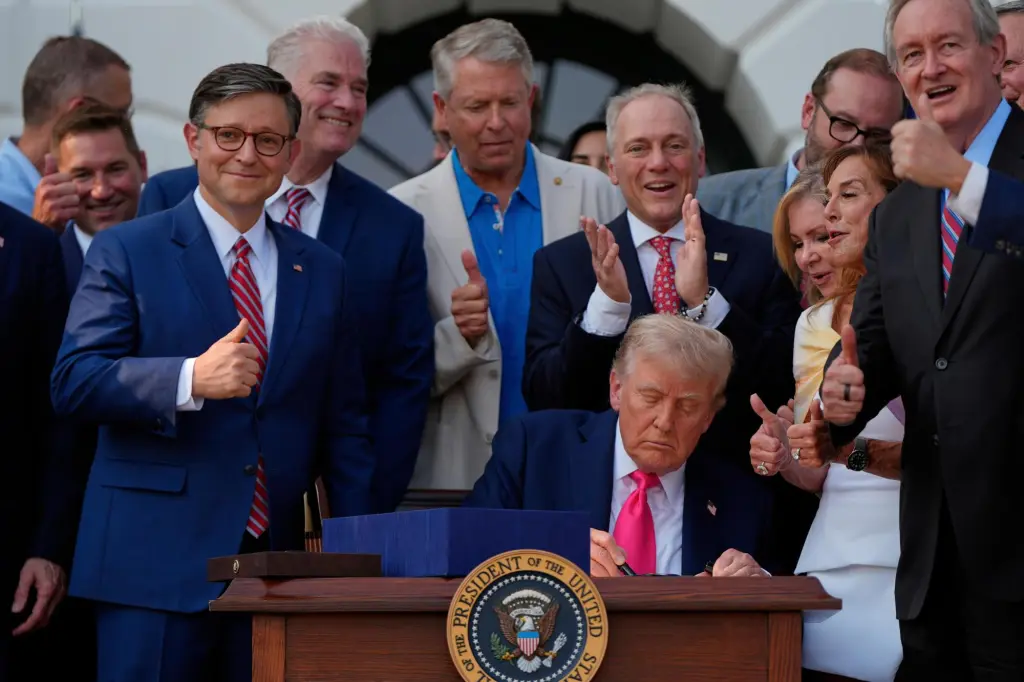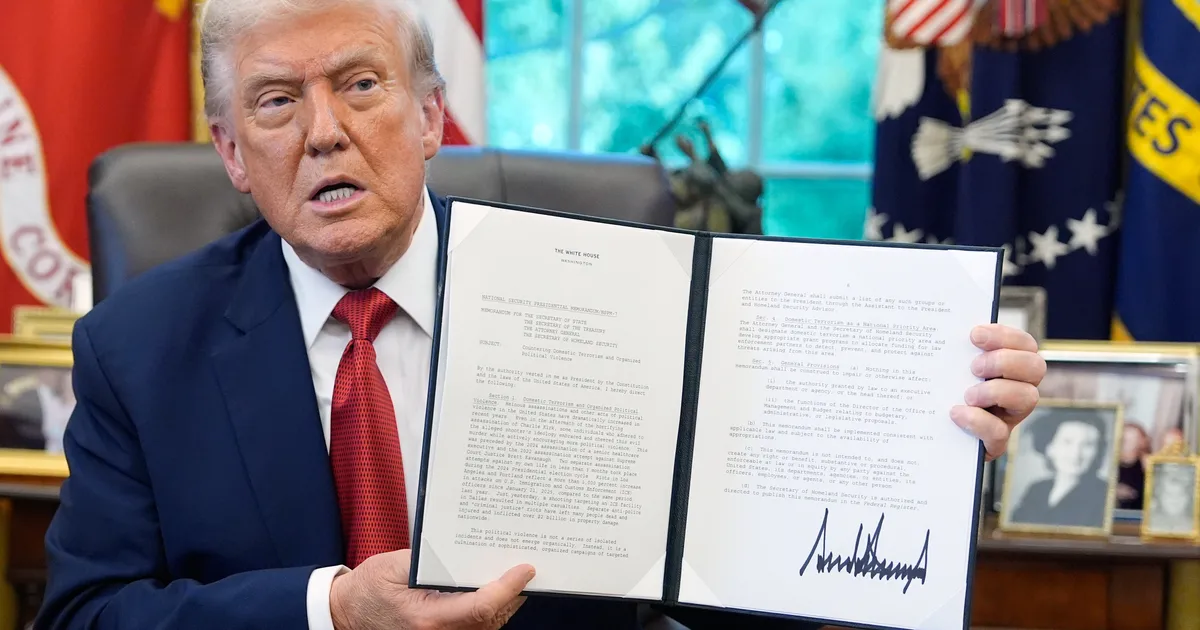
This week, after applying for reconsideration, the college got word that the grant would be funded after all.
President Trump’s Department of Education recently made a series of seemingly haphazard cuts to higher education programs benefiting low-income and first-generation college students, many of whom will attend the type of workforce-oriented schools Trump claims to support. It’s a wrong-headed policy that will harm the students who most need help attending postsecondary education so they can get well-paying jobs.
TRIO grants fund several programs to help students who are low-income, first-generation, or have disabilities enroll in college and succeed. These include college preparatory programs in middle and high schools, support services for college students, and assistance for veterans.
Massachusetts Commissioner of Higher Education Noe Ortega told the editorial board that TRIO “helps level the playing field” for these students and “lifts barriers for students who contribute on our campuses, in our workforce, and in our communities.”
Trump’s fiscal 2026 budget proposal sought to eliminate TRIO grants. The White House said colleges should use their own resources to recruit and retain low-income students. The House and Senate maintained funding, but that didn’t stop the administration from discontinuing some of the grants.
According to Kimberly Jones, president of the Council for Opportunity in Education, a Washington, D.C.-based advocacy group, the administration canceled around $40 million out of $1.2 billion in TRIO grants. That’s in addition to other cuts affecting similar student populations, like the elimination of $350 million in grants for minority-serving institutions, a federal designation certifying that a school enrolls large numbers of minority students.
In Massachusetts, the Council for Opportunity in Education said TRIO provided nearly $23 million to 61 projects serving over 20,000 students in fiscal 2024. Most were run by public colleges, with a few by private institutions. This year, the organization told the editorial board that the administration canceled at least $5.9 million in grants for 14 Massachusetts projects serving nearly 9,500 students.
Jaquelyn Gomez, 22, enrolled in North Shore Community College’s Upward Bound program as a Lynn Vocational Technical Institute freshman. Gomez’s parents’ education stopped at fourth grade in Guatemala. She dreamed of going to college, but the idea scared her. Through Upward Bound, Gomez got after-school math tutoring, attended college fairs, and took college tours. Program staff helped her apply and sort through financial aid packages. Gomez enrolled at the University of Massachusetts Boston studying biology, then switched to early education. She’s now working for Upward Bound while in school and plans to graduate at the end of this fall semester. She hopes to get a teaching job in Lynn Public Schools.
“Programs like Upward Bound, they ensure young people from working-class families can access opportunities that would otherwise feel impossible,” Gomez said.
Heineman said 91 percent of North Shore’s Upward Bound participants enroll in postsecondary education, compared to a 54 percent national average at high-poverty schools, and 67 percent complete postsecondary education, outpacing national and state averages.
These outcomes aren’t outliers. Nationally, TRIO participants are more likely to enroll in and complete postsecondary education, whether at a four-year college, two-year college, or trade school.
At Middlesex Community College, the Trump administration eliminated $1.29 million over two years that was meant to fund Upward Bound and a similar math- and science-focused program at Lowell High School, according to Colleen Winn, director of pre-collegiate TRIO programs at Middlesex Community College. A cancellation letter said they were cut because the college adopted hiring practices that promote diversity.
MassEdCO lost $2 million for Educational Opportunity Centers, where students can get help filling out financial aid forms.
This isn’t solely a blue state issue. The University of New Hampshire had a Talent Search program that existed since the 1960s cut. With $669,251 annually, it served 1,200 students at under-resourced middle and high schools, offering academic advising and career and college counseling. The school last applied for a grant through an application promulgated in the final days of the first Trump administration. The administration is now canceling the grant because the school wrote it will proactively recruit students of color, according to a cancellation letter.
Adam Howard, associate director of the TRIO Educational Talent Search program at the University of New Hampshire, said he wouldn’t have a problem with Trump renegotiating the program with Congress or pulling a grant for nonperformance. But to cancel grants midstream like this, “It feels random. … It’s arbitrary,” Howard said.
One additional challenge is many schools were only told in September — after school started — which grants were defunded. Lane Glenn, president of Northern Essex Community College, which had its grants funded, said regardless of how one feels about the grants’ merits, “managerially, it’s an awful mess.” “The chaos is a feature, not a bug, of how the administration is approaching these things,” Glenn said.
In a few cases, the state or college may find money to continue parts of these programs, but many of them will close. It’s impossible to know how many potential students will never walk through college doors because of the eliminated grants.



